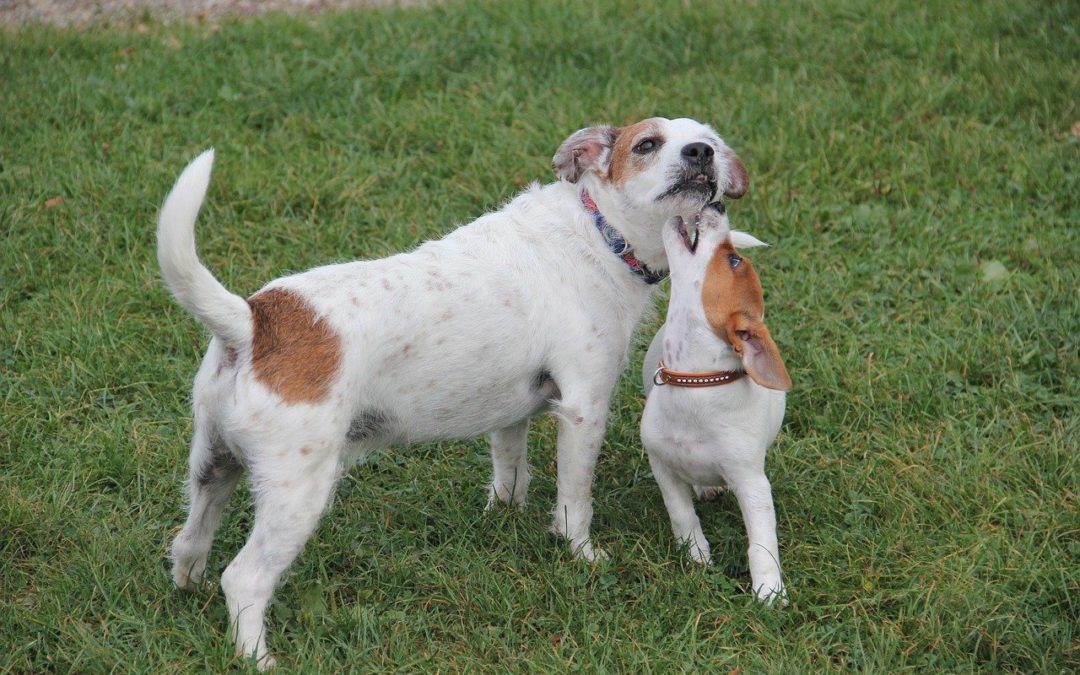Many pet owners take their dogs to dog parks to burn off excess energy, run off-leash, and socialize with other canines. But, dog parks can serve as a site for altercations. To ensure your pup enjoys her time romping in the park, and to avoid potential mishaps, here are three tips for a fun-filled adventure.
#1: Understand your dog’s personality
Similar to people, dogs can have introverted tendencies, and some may not enjoy making friends with everyone they meet. In fact, many dogs do not like to be forced into a large group of overly excited, strange dogs, and tend to be more comfortable in small groups who have similar play styles. For example, a timid puppy can easily become scared when a barking pack of dogs rushes at them. Confident, friendly dogs handle the various personalities found in a dog park best, so if your pup is more wary and uncertain in novel environments, and around strange dogs, they will likely be happier on a solo walk or playing with one or two friends.
#2: Learn canine body language
One of the main reasons dogs get into fights at dog parks is the failure to communicate properly, whether it’s instigated by a poorly socialized dog, or caused by owners who do not understand their pet’s anxious body language cues. So, learn a new language—of the canine variety—and be able to advocate for your dog, and ensure they are happy while playing in the park. If you notice any of the following signals from your dog, it’s time to intervene:
- Yawning
- Lip licking
- Tongue flicking
- Body freezing
- Whale eye
- Low tail carriage
- Tense jaw
For an in-depth list of common canine cues, check out Victoria Stilwell’s site.
#3: Pick a slow time of day to visit the dog park
The most crowded times at dog parks are right after work, and weekend afternoons. If your pooch is unsure around large groups of dogs, stick to off-peak times to give them a chance for off-leash fun and freedom. They may meet the perfect playmate with a similar play style during this time.
Before heading out to the dog park, your pooch must be current on their required vaccinations. Give us a call to schedule an appointment and ensure your pet is up-to-date and in good health.

